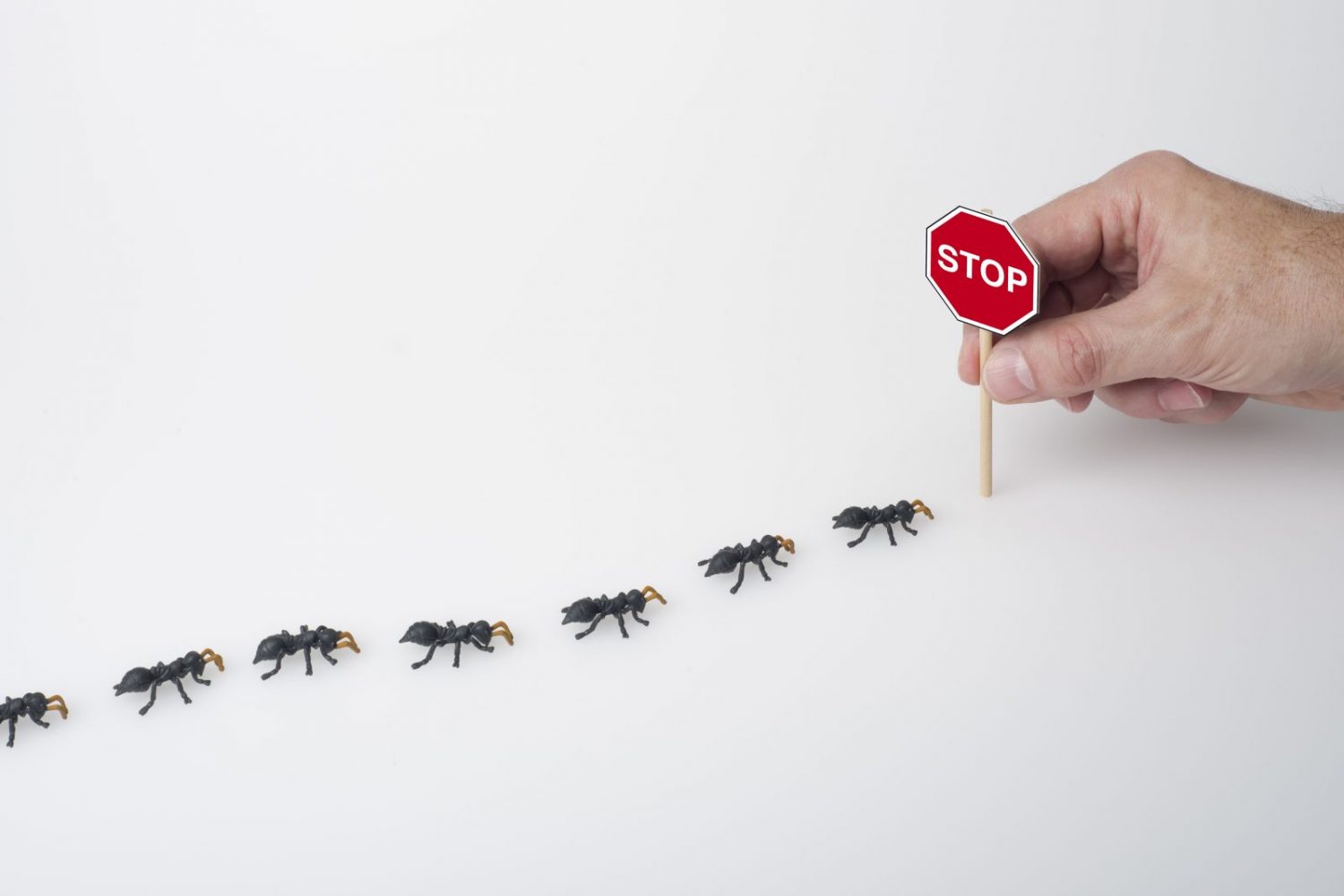5 Ways to Protect Your Home From Pests this Winter
By Ben Bowen , Fox Pest Control
You’d think the pests are gone in the winter, but they still come around. Because of the cold temperatures and the lack of food, your home in Connecticut is like an oasis.
Maybe you’ve had it with the centipedes that keep coming in the basement all winter, or you’re tired of the spiders in all your holiday decorations. No one’s looking forward to mice in the kitchen or carpenter bees on the back deck, either.
When you’re choosing pest control, there are many factors to consider. According to the Centers for Disease Control, some pests present a serious health hazard, including rodents, mosquitoes, cockroaches, and more. It’s also important to consider the Environmental Protection Agency’s tips for choosing professional pest management.
You don’t have to keep dealing with these pest problems all winter, and we don’t want you to have to deal with them, either! Here are a few things you can do that will keep pests out of your home and restore your peace of mind.
1. Clean up the Yard
You might be surprised how many pests can live in a yard covered with snow, grass clippings, fallen tree branches, rotting fruit off trees, or scattered leaves.
If you’ve still got leftover autumn debris in your yard, it’s a perfect home for a family of wildlife or rodents. Fallen leaves or branches can be a warm nest, especially when it’s insulated by the snow.
Debris like this provides pests a place to live and something to eat. Sometimes, that’s all they need to make a nice home right in your yard.
When there’s snow on the ground, it pays to check the snow within two or three feet of the house perimeter, just to make sure there aren’t mice or other rodents hiding there.
Check the snow around your home by stomping it with your snow boots. Walk around the house with your dog or cat. If you’re afraid of your pet eating a rodent, keep them on a leash. Pets are excellent at finding hidden rodents under the snow, especially if yours is a good mouser.
If you compost or have firewood piles outside, place the pile on raised platforms at least 20 feet from the house. The platform should be at least one foot off the ground to keep rodents from easily finding a way inside.
Consider installing fencing or screening with 10-gauge steel and ¼ inch holes (or smaller) around the platform to prevent rodents from nesting inside.
Make sure your outdoor garbage bin is also at least 20 feet from the house and that it has a lid that completely closes or seals when shut.
2. Close Potential Entry Points
While the following areas aren’t the only places pests find a way inside, they are some of the most common. If you’re hunting for an ant nest, be patient. It can take some time to find where they’re coming in and out.
Ensure garage doors, sheds, and other entry points close tightly and seal completely.
Use silicone caulking, steel screening, copper wire mesh, or steel wool to close the following areas of your home:
– Gaps around utility pipes
– Cracks and crevices around ground-level or basement doors and window
– Gaps and cracks around sill plates and home foundations
– Cracks in the house’s siding that’s located one foot or less above the ground
3. Seal Your Food
Nothing attracts the rodents, cockroaches, ants, or pantry pests like food.
Place all your food that isn’t in the freezer or refrigerator in glass or plastic containers with an airtight seal. Place these on a high shelf to discourage access.
Pet food especially needs to be sealed up because it is highly nutritious. Plus, rodents can smell open containers of food from a long distance.
Don’t leave pet food out when you can, and don’t leave pet food outside, ever. The smell and nutritious content are just too tempting for virtually any wildlife, like raccoons, squirrels, and opossums. Rodents are especially partial to it also.
4. Clean your Home Thoroughly
No, pests don’t come into a house because it’s dirty, which is a common myth out there about pest control. Pests come into your house for the same reasons you do: warmth, food, and shelter.
Regular sanitation can force the pests out of hiding, especially if you have cockroaches. They are much less likely to stay if you keep everything clean.
– Never leave dirty dishes lying out, and always clean up scraps and crumbs after a meal
– Don’t leave pet food out, including birdseed, especially not at night
– Consider purchasing an automatic vacuum cleaner that can run at night, when most pests are active
– Don’t leave food scraps or other edible trash in the garbage can inside at night
– Empty the garbage disposal before bed and clean all the drains in the house regularly with an over-the-counter drain cleaner
5. Household Pest Control Products
– Boric acid
This is a great product that is found in most house cleaning chemicals. It breaks down a pest’s exoskeleton and joints the way soap breaks up grease.
You can purchase a powdered form of this at your local hardware store. Be careful where you dust it, and be sure to dust it lightly. Children, pets, and the elderly can have adverse reactions to it.
– Diatomaceous earth
This is sort of the glass of the insect world. When pests crawl across it, the earth cuts up the waxy cuticle that keeps water inside their bodies and sucks them dry.
A light dusting is all that’s needed to keep most pests at bay. Find this at your local hardware or garden supply store, or online.
This is a common way to get rid of ants from a particular area. However, complete ant extermination usually requires professional involvement. Unfortunately, ants often make their home right in the walls, usually during construction, and have everything they need to stay hidden for as long as eight or ten years.
– Dish soap
That’s right, dish soap. Find the grease-fighting kind, mix the soap and water in a spray bottle, and spray them with it if you find them skittering across the floor or hiding in a crack.
It also breaks up their exoskeleton quickly. WD-40 does the same thing, and usually much faster, but dish soap is cheaper. This works on a number of pests, including bed bugs, yellow jackets, cockroaches, and even clothes moths.
– Other products
Some products work better for specific pests. There are ant baits, roach baits, mouse baits, rat baits, and bait stations out there that can help.
There are also traps out there, like glue boards and snap traps. We don’t recommend live traps for rodents or wildlife like squirrels or raccoons because it requires a professional hand to deal with those problems.
Author Bio
Ben Bowen is a content writer for Fox Pest Control in Oxford, CT. Ben’s hobbies include novel writing, listening to audiobooks, practicing penmanship, and playing with his nieces and nephews.




